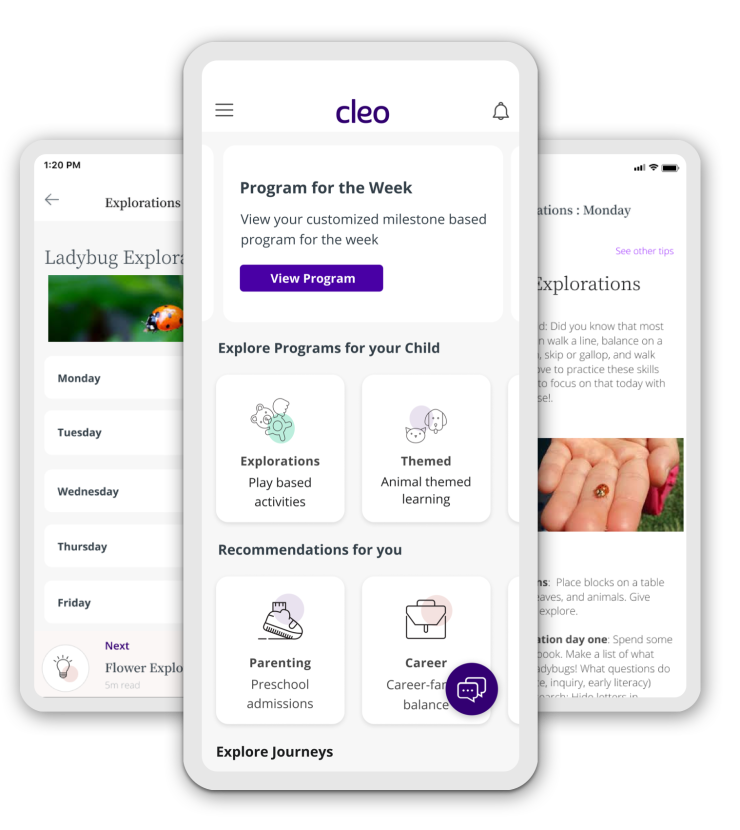Cleo, a family planning healthcare benefit company, has initiated diversity and inclusion efforts aimed at improving the health outcomes for all parents and providing inclusive resources for BIPOC and
Cleo has partnered with Culture Care, a telemedicine platform that connects Black physicians to expectant parents. Black women are over three times more likely to die in childbirth than white women, according to the American Journal of Managed Care.
The Culture Care partnership gives Cleo clients access to a variety of
Read More:
“It is a transformative experience for so many Black and BIPOC families to actually encounter someone who looks like them in the healthcare system,” says Dr. Chitra Akileswaran, Cleo’s chief medical officer. “What we've heard when we match Black families with Black and BIPOC [Cleo] guides is that they feel helped and supported in ways that they've never felt before.”
Black and other minority groups in the U.S. experience more illness, worse outcomes and higher rates of premature death compared with their white peers, according to research by the National Center for Health Statistics. Black people are also more frequently misdiagnosed when it comes to mental health conditions, according to research from Rutgers University.
The biased treatment that BIPOC and LGBTQ+ individuals face within the healthcare system that inspired Cleo to make greater investments in its diversity and inclusion efforts, Akileswaran says.
Read More:
Additionally, Cleo will help users evaluate their risks for depression and anxiety during pregnancy and after birth with in-app surveys, wellness checks and access to mental health specialists. Cleo is also offering free access to its manager training program, which encourages inclusive support within an organization from the top down.
“Our care model is geared toward improving equitable health outcomes and providing advocacy and support to our families,” Akileswaran says. “We particularly want to target Black and BIPOC communities to feel validated around the experiences of racism and discrimination they may face in the healthcare system.”






